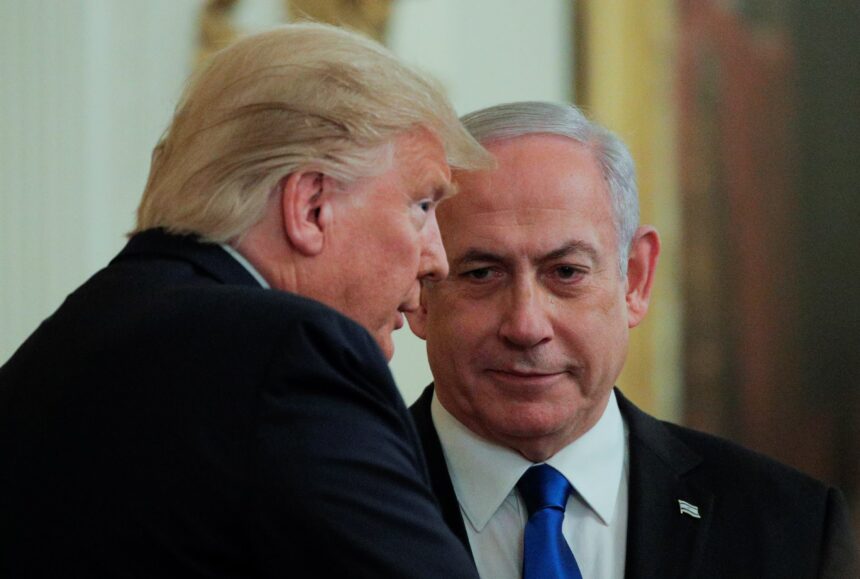Summary by Geopolist | Istanbul Center for Geopolitics:
The article provides a detailed analysis of the ongoing Israel-Hamas ceasefire deal and the challenges surrounding its implementation. It highlights the complex dynamics at play, including political pressure on Israeli Prime Minister Netanyahu, the role of Hamas in Gaza, and the influence of U.S. President Donald Trump in mediating the agreement.
The key challenge lies in the second phase, which envisions the end of the war and Israeli withdrawal from Gaza. This phase will require difficult negotiations over Gaza’s future, including questions of political leadership and security architecture. At the core of these negotiations is Hamas, which, despite being severely weakened by the conflict, remains a powerful and entrenched force in Gaza. Hamas’s control over Gaza, coupled with Israel’s unwillingness to allow Hamas to govern, makes the second phase of the agreement particularly contentious.
The article explores how Israel’s domestic politics, particularly Netanyahu’s obsession with maintaining power, are a major obstacle to a comprehensive peace deal. Netanyahu faces pressure from his right-wing coalition, including extremist parties that oppose the ceasefire and want to continue the war. His political survival hinges on appeasing these groups, which has constrained his ability to negotiate effectively on the future of Gaza and any post-conflict arrangements.
The role of the United States, particularly under President Donald Trump, is also central to the agreement’s implementation. Trump, who claimed credit for brokering the deal, faces the challenge of keeping the ceasefire alive, despite the inherent risks of a phased deal. The article suggests that while Trump’s unpredictability and influence may help press Netanyahu to push forward, his willingness to use significant leverage—such as restricting military aid or criticizing Israel—remains unclear. Additionally, Trump’s role in navigating this complex situation and his broader foreign policy goals, such as the potential for Israeli-Saudi normalization, is also explored.
The article concludes that while the first phase of the deal may succeed, the success of the subsequent phases depends on overcoming deep-seated political, security, and leadership divides. The future of Gaza, the role of Hamas, and the potential for a two-state solution will likely continue to shape the course of the conflict, with the risk that the ceasefire could collapse under the weight of these unresolved issues.
Read more here:







